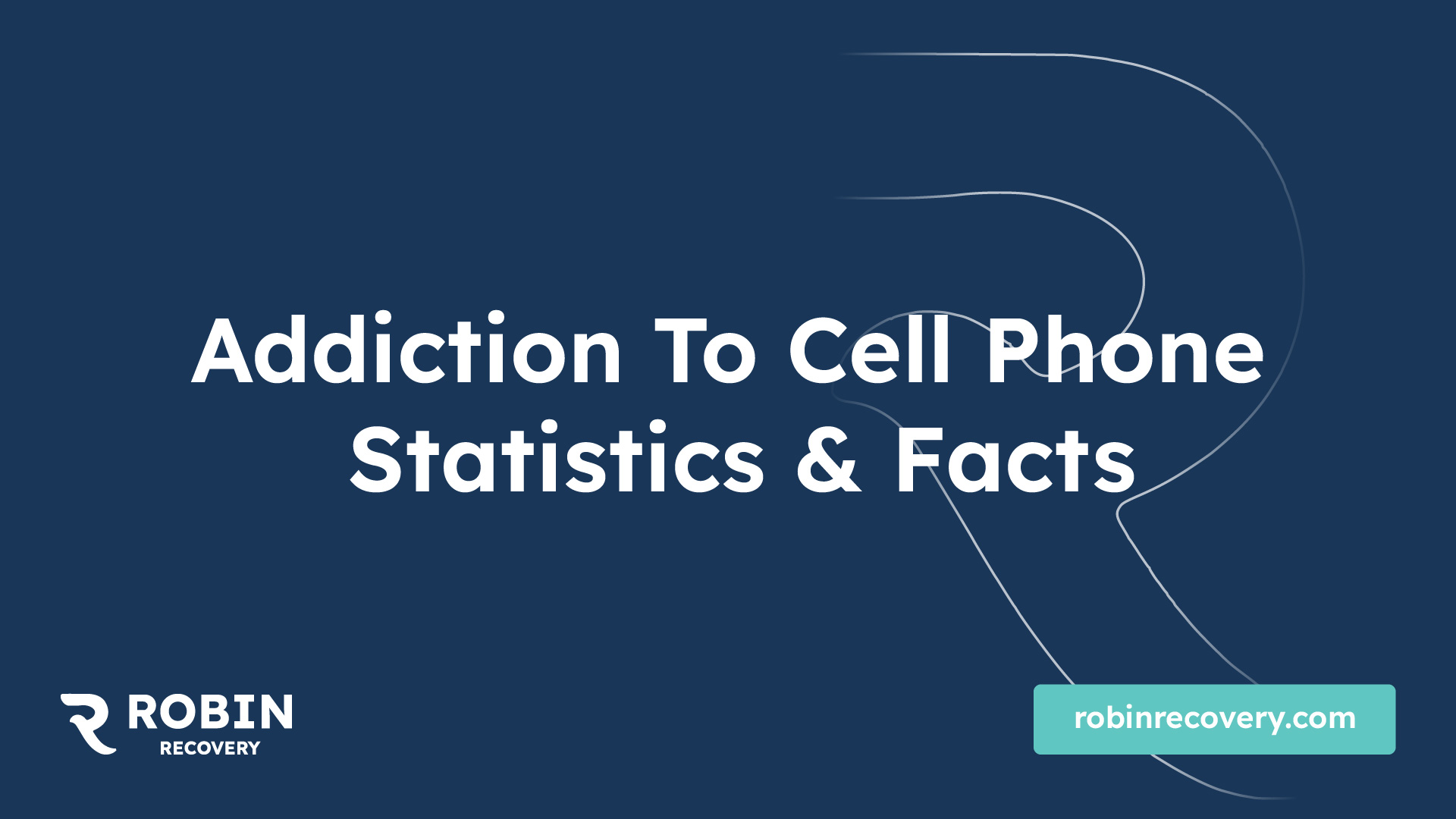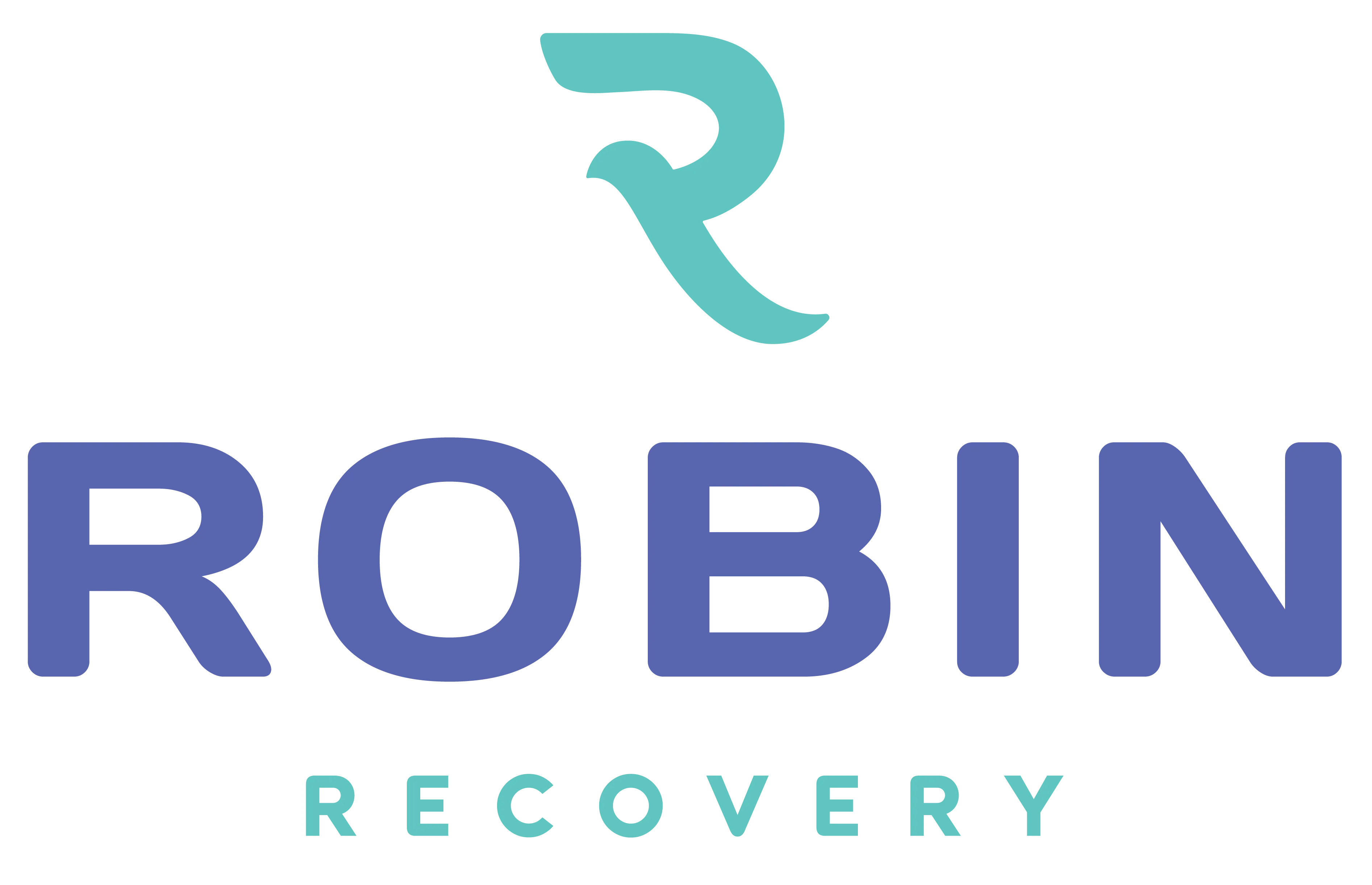Understanding Cell Phone Addiction
Cell phone addiction has become a prevalent issue in today's society, with a significant portion of the population exhibiting signs of dependency on their devices. Understanding the prevalence and signs of addiction is crucial in addressing this growing concern.

Prevalence of Cell Phone Usage
Cell phone usage has become ubiquitous in modern life. According to PsychGuides, approximately 90% of American adults own a cell phone. The widespread availability and accessibility of these devices contribute to their extensive use.
Signs and Symptoms of Addiction
Recognizing the signs and symptoms of cell phone addiction is essential in identifying and addressing this issue. Some common signs include:
- Constantly checking the phone for calls or messages, even when it hasn't vibrated or rung.
- Difficulty controlling the amount of time spent on the phone.
- Neglecting responsibilities, such as work, school, or relationships, due to excessive phone use.
- Anxiety or restlessness when the phone is not accessible or in use.
These signs are thought to be part of the diagnostic criteria for cell phone addiction, and the overuse of cell phones must cause significant harm in the individual's life to be considered an addiction.
It is important to note that overuse of cell phones can lead to physical problems that may cause permanent damage or be difficult to treat. These physical consequences can include issues such as eye strain, neck and back pain, and sleep disturbances.
Understanding the prevalence and signs of cell phone addiction is the first step in addressing this issue. By recognizing the signs and symptoms, individuals can seek appropriate help and take steps to reduce their dependency on their cell phones.
Impacts of Cell Phone Addiction
Cell phone addiction can have significant impacts on both physical and mental well-being. Understanding these consequences is crucial in recognizing the severity of the issue and taking steps towards healthier cell phone usage.
Physical Consequences
Overuse of cell phones can lead to physical problems that may cause permanent damage or be difficult to treat [1]. Excessive cell phone use has been linked to various physical health issues, including:
- Eye strain: Staring at a screen for prolonged periods can lead to eye discomfort, dryness, and fatigue.
- Neck pain: Frequent tilting of the head downwards while using a phone can strain the neck muscles and lead to discomfort.
- Back pain: Poor posture during phone use, such as slouching or hunching over, can contribute to back pain.
- Weight gain: Spending excessive time on cell phones often replaces physical activity, leading to a sedentary lifestyle and potential weight gain.
A study conducted among university students found a significant association between excessive cell phone use and negative physical health effects. Students who used cell phones excessively reported a higher prevalence of eye strain, neck pain, back pain, and weight gain compared to those who used cell phones less frequently.
Mental Health Effects
The impact of cell phone addiction extends beyond physical consequences. Excessive cell phone use has been linked to various mental health issues, including:
- Depression: Excessive cell phone use has been associated with higher levels of depression among individuals. The constant exposure to social media and virtual interactions can contribute to feelings of loneliness and isolation.
- Loneliness: Spending excessive time on cell phones can lead to a sense of social disconnection and increased feelings of loneliness.
- Mood disorders: Excessive cell phone use has been correlated with mood disorders, such as anxiety and irritability.
- Sleep disturbances: The blue light emitted by cell phone screens can interfere with the production of melatonin, a hormone that regulates sleep. This can result in difficulty falling asleep and disrupted sleep patterns.
It is important to recognize that the impacts of cell phone addiction on mental health can vary among individuals. However, it is evident that excessive cell phone use can have a detrimental effect on mental well-being [3].
Understanding the physical and mental health consequences of cell phone addiction highlights the need for individuals to be mindful of their cell phone usage. By recognizing the signs and symptoms of addiction and taking steps to reduce dependency, individuals can promote healthier cell phone habits and mitigate the potential negative effects on their well-being.
Comparison to Substance Use Disorders
When examining cell phone addiction, it becomes apparent that there are similarities between this behavioral addiction and substance use disorders. By understanding these similarities, we can gain insight into the impact of excessive cell phone use on the brain and its correlation with mental health issues.
Brain Changes and Similarities
Chronic phone use can lead to physical dysfunctions in the brain that are highly correlated with substance use disorders. Studies have shown that individuals addicted to their phones experience changes in their brain's grey matter, similar to those observed in drug users. There is a decrease in critical areas responsible for controlling movement, memory, and emotions, resembling the condition found in people with a substance use disorder [4].
Research has indicated that heavy phone use can result in a loss of grey matter in the brain, particularly in areas associated with addiction and reward systems. The volume reduction in these critical areas is similar to what is observed in individuals with substance use disorders. This suggests that the impact of cell phone addiction on the brain can parallel the effects of drug addiction [4].
Correlation with Depression and Suicide
Phone addiction has also been associated with a rise in depression and suicide rates, particularly among teenagers. Between 2010 and 2015, the suicide rate among teenagers increased by 65%, while the rate of severe depression rose by 58%. These concerning trends have been linked to the negative effects of phone addiction, especially among adolescent girls.
The constant use of cell phones can contribute to feelings of social isolation, comparison, and low self-esteem, which are known risk factors for depression and suicidal ideation. The pressure to maintain a curated online presence and the fear of missing out (FOMO) can exacerbate these negative emotions, further impacting mental health [4].
Understanding the parallels between cell phone addiction and substance use disorders helps shed light on the potential consequences of excessive phone use. It emphasizes the need to address phone addiction as a serious issue that can impact both physical and mental well-being. By recognizing the similarities, we can develop strategies and interventions to mitigate the negative effects and promote healthier phone habits.
Addressing Cell Phone Addiction
Cell phone addiction is a growing concern, but there are several available treatments and strategies to help individuals address and reduce their dependency on cell phones.
Available Treatments
Various treatments are available for cell phone addiction, providing hope for individuals who find that excessive phone use negatively affects their lives [5]. Some of the treatment options include:
- Therapy: Seeking therapy from a mental health professional can be beneficial in addressing underlying issues contributing to cell phone addiction. Therapists can provide guidance, support, and coping mechanisms to help individuals develop healthier phone habits and manage their addiction.
- Support Groups: Joining support groups specifically designed for cell phone addiction can provide individuals with a sense of community and understanding. These groups offer a platform for sharing experiences, receiving support, and learning from others who are going through similar challenges.
- Behavioral Interventions: Behavioral interventions focus on modifying behaviors associated with cell phone addiction. These interventions may involve setting goals, creating structure and routines, and incorporating healthier habits and activities into daily life.
Strategies for Reducing Dependency
Aside from formal treatments, there are several strategies individuals can adopt to reduce their dependency on cell phones. Some of these strategies include:
- Setting Specific Times: Establish specific times during the day to check messages and engage with social media. By designating certain periods for phone use, individuals can create boundaries and limit the time spent on their devices.
- Notifications Management: Turn off non-essential app notifications to minimize distractions. By reducing the constant influx of notifications, individuals can regain control over their attention and focus on other activities.
- Leaving Phones Behind: During activities where phone use is not necessary, such as family gatherings or outings with friends, consider leaving the phone behind or placing it in a designated "no phone zone." This practice allows individuals to fully engage in the present moment without the constant temptation of checking their devices.
- Engaging in Screen-Free Activities: Encourage and participate in screen-free activities, such as exercise, hobbies, reading, or spending time outdoors. Engaging in activities that do not involve screens can help break the cycle of phone dependency and promote a healthier balance between technology and real-life experiences.
By implementing these strategies and seeking appropriate treatments, individuals can take steps towards addressing their cell phone addiction and regaining control over their lives. It's important for individuals to remember that seeking help and making changes is a positive and courageous step towards a healthier relationship with technology.
Demographics and Statistics
Understanding the demographics and statistics related to cell phone addiction can provide insight into the prevalence and factors contributing to this issue.
Smartphone Use Among Different Groups
Smartphone addiction is a growing concern across various demographics. Here are some statistics highlighting the prevalence of smartphone addiction among different groups.
Research has found that certain demographic factors are associated with a higher likelihood of smartphone addiction. These factors include:
- Gender: Male participants were 1.88 times more likely to be addicted to their smartphones compared to female participants [6].
- Age: Participants aged ≤25 were 2.88 times more likely to be smartphone-addicted compared to those aged ≥31 [6].
- Employment Status: Unemployed participants were 2.06 times more likely to be smartphone-addicted compared to those who were employed [6].
These statistics highlight that smartphone addiction can affect individuals across different age groups and employment statuses. It's important to recognize these trends to develop targeted interventions and support systems for those in need.
Factors Contributing to Addiction
Several factors contribute to the development of cell phone addiction. Understanding these factors can shed light on the underlying causes and help in addressing the issue effectively. Some of the significant factors contributing to cell phone addiction include:
- Sedentary Lifestyle: Smartphone-addicted individuals are more likely to be physically inactive, which can have negative impacts on their overall health.
- Sleep Issues: Smartphone addiction is associated with insomnia and poor sleep quality, which can further exacerbate the addiction and lead to various health problems.
- Weight Management: Smartphone-addicted individuals are more likely to be overweight or obese, potentially due to the sedentary lifestyle and unhealthy eating habits associated with excessive phone use.
- Distracted Behavior: Smartphone addiction often leads to the use of phones in inappropriate situations, such as while driving, walking, or eating. This behavior poses risks to personal safety and can impact social interactions.
These contributing factors emphasize the importance of addressing cell phone addiction not only for mental health but also for overall well-being. By identifying and understanding these factors, interventions and strategies can be developed to mitigate the negative consequences associated with excessive cell phone use.
Interventions for Reducing Addiction
Addressing cell phone addiction requires a multifaceted approach that combines various interventions. Two effective strategies for reducing addiction to cell phones are exercise and psychological interventions.
Exercise as a Solution
Engaging in regular physical activity has been shown to be an effective intervention for reducing smartphone addiction and improving mental health. A study conducted among university students found that exercise interventions, including activities such as basketball, badminton, volleyball, running, tennis, cycling, and football, led to a decrease in smartphone addiction and improvement in mental well-being.
By incorporating exercise into daily routines, individuals can divert their attention away from excessive cell phone use and engage in more beneficial and physically active pursuits. Exercise not only helps to reduce smartphone addiction but also provides various physical and mental health benefits.
Psychological Interventions
Psychological interventions have also proven to be effective in reducing smartphone addiction among individuals. Group counseling, mindfulness interventions, meditation, and cognitive-behavioral therapy have shown positive outcomes in addressing and managing cell phone addiction, particularly among university students.
These interventions aim to enhance self-awareness, develop coping mechanisms, and promote healthier screen usage habits. By addressing underlying psychological factors and providing individuals with the necessary tools and strategies, psychological interventions can help individuals regain control over their cell phone usage.
Combined Interventions
In some cases, a combination of exercise and psychological interventions has demonstrated even greater effectiveness in reducing smartphone addiction. The synergy between physical activity and psychological support can provide a comprehensive approach to address addiction and improve overall well-being. The combined interventions have been found to be more effective in reducing smartphone addiction compared to either intervention alone.
It's important to note that the reduction of smartphone addiction and the promotion of healthier habits require a conscious effort from individuals. Maintaining a balance between engagement in the real world and screen time is crucial in preventing addiction to cell phones. Setting realistic boundaries for smartphone use, such as implementing designated screen-free times or areas, can contribute to a healthy and happy mental state.
By incorporating exercise, seeking psychological support, and establishing healthy boundaries, individuals can take significant steps towards reducing addiction to cell phones and regaining control over their lives.
References
[1]: https://www.psychguides.com/behavioral-disorders/cell-phone-addiction/signs-and-symptoms/
[2]: https://www.ncbi.nlm.nih.gov/pmc/articles/PMC9368281/
[3]: https://www.urmc.rochester.edu/behavioral-health-partners/bhp-blog/july-2023/cell-phone-usage-%E2%80%93-how-much-is-too-much.aspx
[4]: https://www.addictioncenter.com/drugs/phone-addiction/
[5]: https://www.surfpointrecovery.com/blog/addiction-to-cell-phone-statistics

.svg)

.svg)

.svg)
.svg)






































































































